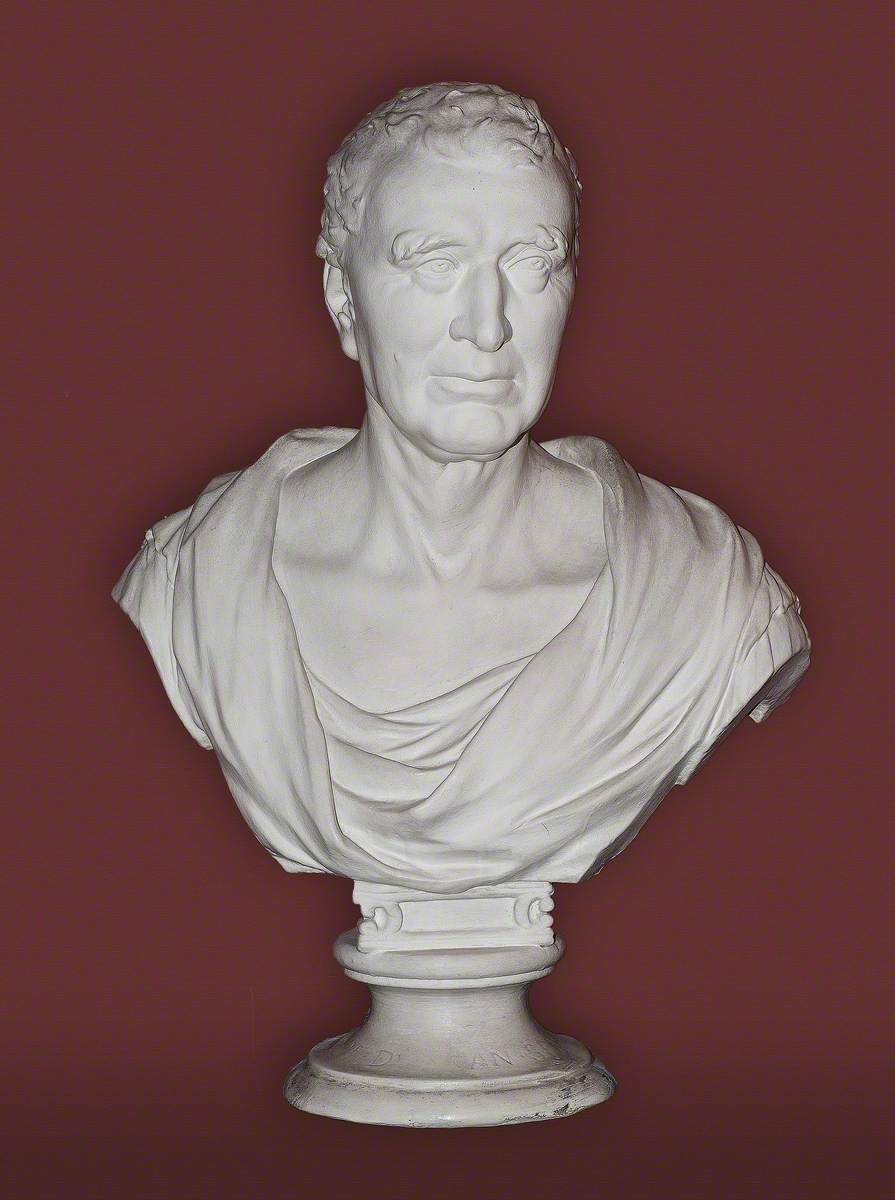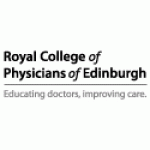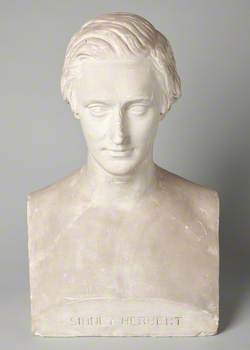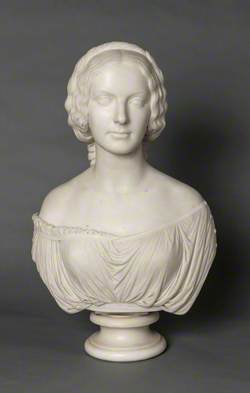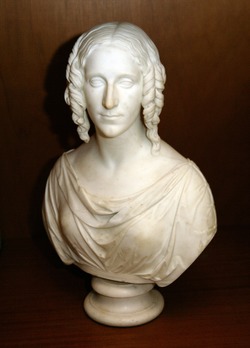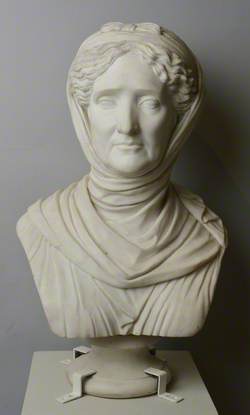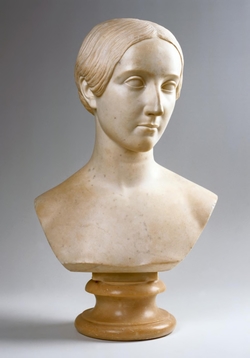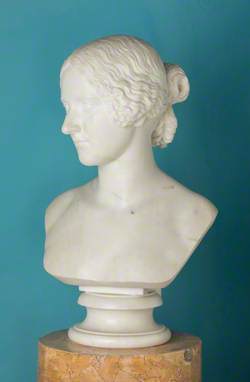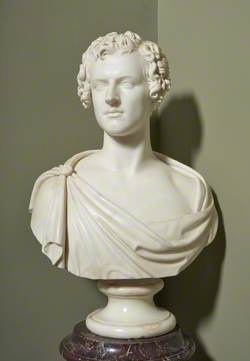How you can use this image
This image can be used for non-commercial research or private study purposes, and other UK exceptions to copyright permitted to users based in the United Kingdom under the Copyright, Designs and Patents Act 1988, as amended and revised. Any other type of use will need to be cleared with the rights holder(s).
Review the copyright credit lines that are located underneath the image, as these indicate who manages the copyright (©) within the artwork, and the photographic rights within the image.
The collection that owns the artwork may have more information on their own website about permitted uses and image licensing options.
Review our guidance pages which explain how you can reuse images, how to credit an image and how to find images in the public domain or with a Creative Commons licence available.
Notes
Add or edit a note on this artwork that only you can see. You can find notes again by going to the ‘Notes’ section of your account.
Andrew Duncan Senior published his first book, 'Elements of Therapeutics', in 1770. Duncan held the position of Professor of Institutes of Medicine at the University of Edinburgh for 30 years. He also established 'Medical and Philosophical Commentaries', a quarterly medical journal, in 1773. This was the first medical review to be regularly published in Great Britain and by 1780 it was translated into German and was publishing news from medical societies in France, Denmark, Russia and America. Importantly, Duncan was also responsible for the foundation of a public dispensary, later the Royal Public Dispensary, which provided free medical advice and medicines to the poor of Edinburgh. Duncan also proposed plans for a public lunatic asylum, which was built in Morningside in 1807.
Title
Andrew Duncan (1744–1828)
Date
late 19th C
Medium
plaster
Accession number
OBJ/SCU/31
Work type
Bust
